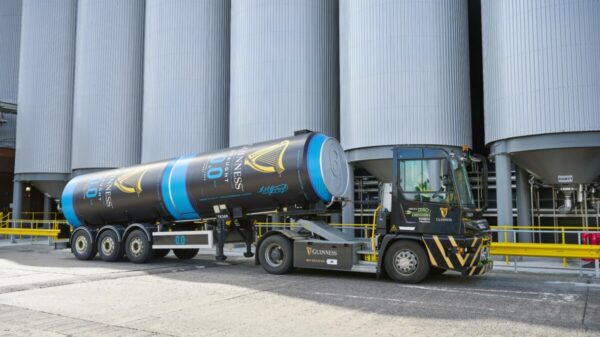EasyJet has joined forces with Rolls-Royce, Airbus and GKN to call on the government to provide funding for further research into hydrogen-powered planes.
Experts see hydrogen as a potential alternative to jet fuel as the aviation sector faces pressure to curb emissions. While still commercially unproven, hydrogen-powered planes offer the possibility of flying with zero emissions.
EasyJet chief executive Johan Lundgren said the UK could be a leader in hydrogen-powered flying and that “astonishing” progress had been made.
“What needs to happen is not to just fly an aircraft, but how you industrialise it,” he added.
EasyJet and its aircraft manufacturer Airbus say that hydrogen will be an important part of the aviation industry’s pledge to reach net zero by 2050.
The alliance, called the Hydrogen in Aviation alliance, is calling for funding from the UK government for the aviation industry to scale hydrogen-powered planes. It also wants airports to form hydrogen plans.
Airbus plans to have a 100-seat zero-emissions hydrogen-powered plane in service by 2035.
Subscribe to Sustainability Beat for free
Sign up here to get the latest sustainability news sent straight to your inbox every day
Alan Newby, director of research and technology at Rolls-Royce, told the Financial Times that finding a supply of hydrogen would be one of the industry’s biggest challenges.
“It is currently extremely hard to get hold of hydrogen… it is just not around,” he said.
The alliance, which was formed last year, want regulations and standards as well as a hydrogen transition fund for airports and airlines. It is also calling for the government to offer incentives to carriers for operating hydrogen-powered aircraft.















